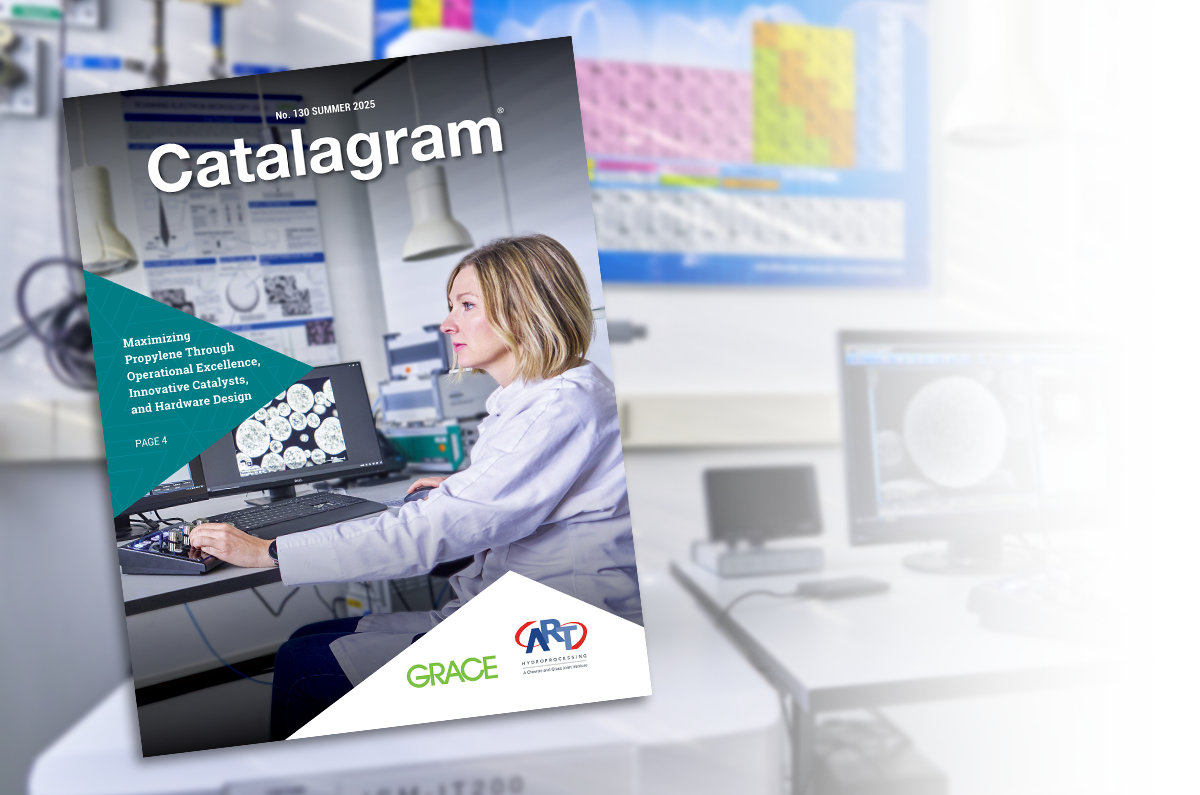Light Feed Performance
Since the commercialization of fluid catalytic cracking in 1942, the FCCU has become an integral part of the refinery due to its ability to convert low-cost feedstocks to lighter and more valuable products. The current FCCU landscape is extremely diverse with multiple combinations of unit designs, yield objectives, and feed strategies. With a growing number of FCCU operations focusing on resid feed processing and petrochemical feedstock output, Grace is committed to developing innovative high-performance technologies to serve refiners processing VGO with traditional transportation fuel objectives.
Transportation Fuels
The FCCU is a significant source of gasoline and diesel production. Adjustments to operating conditions, feedstock, and catalyst design can shift the relative product distribution between transportation fuels, light cycle oils, bottoms, and petrochemical feedstocks. A catalyst properly designed to a refiner’s objectives and constraints provides more flexibility and economic value potential for the FCCU and broader refinery operation.
FCCU Feedstocks
The FCC has proven to be a highly flexible hydrocarbon conversion unit with the ability to produce valuable products from a wide variety of feedstocks, from light gas oils to heavy resid. Feedstock dynamics can have large impacts on the FCCU yield structure and operational constraints. Grace’s catalyst portfolio offers similar flexibility to optimize performance across a broad range of feed profiles.
Delta Coke
For many units, it is desirable to select a catalyst to minimize delta coke, which results in a lower regenerator temperature, higher catalyst circulation rate, and higher cat-to-oil. In addition to multiple operational considerations, delta coke can be minimized by using a catalyst technology with contaminant metals tolerance and proper fresh catalyst activity.
High Activity
Multiple FCCUs with light to moderate feeds often operate with circulation limits and cannot take full advantage of the conversion potential from high-quality feedstocks. If the FCC catalyst is not active enough, regenerator temperatures become too low and desired reactor temperatures cannot be achieved. Grace offers several novel technologies designed to maximize activity while maintaining good product selectivity.
